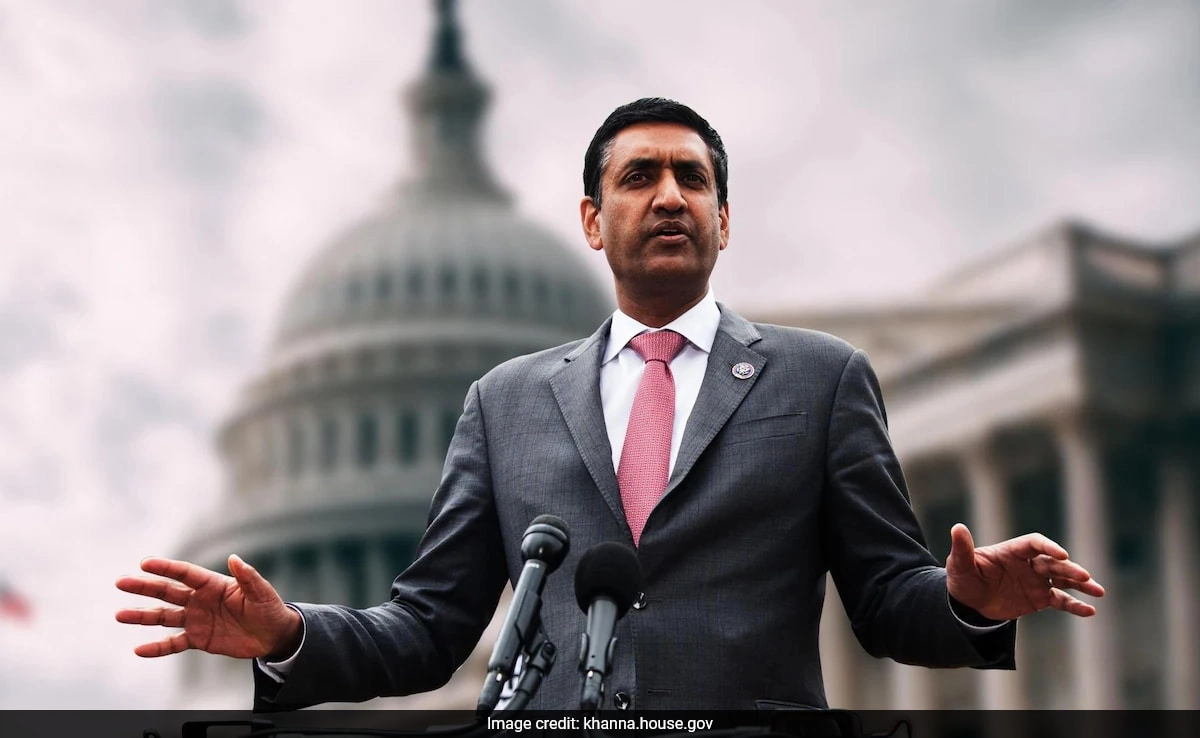In a significant legal ruling, a judge has intervened to prevent the Trump administration from implementing changes to the Teen Pregnancy Prevention Program (TPPP). This program, established under the Obama administration, aimed to provide comprehensive sex education and resources to adolescents across the United States. The proposed alterations by the Trump administration intended to limit funding and shift the focus of the program away from evidence-based approaches to teen pregnancy prevention. Critics argued that this would undermine the progress made in reducing teen pregnancy rates, which had seen a significant decline in previous years.
The judge’s decision underscores the importance of maintaining comprehensive and scientifically-backed education for young people regarding sexual health. The TPPP has been credited with equipping teens with the knowledge they need to make informed decisions about their reproductive health. By blocking the administration’s changes, the court has reaffirmed the need for continued support of programs that prioritize education over abstinence-only approaches, which have been widely criticized for their ineffectiveness.
This ruling is part of a broader debate on how best to address adolescent sexual health and the role of federal funding in supporting educational initiatives. Advocates for comprehensive sex education argue that it not only helps prevent unintended pregnancies but also reduces the rates of sexually transmitted infections among youth. The decision reflects a commitment to ensuring that teenagers have access to accurate information and resources that empower them to navigate their sexual health responsibly.
As discussions surrounding teen pregnancy prevention continue, this ruling may also prompt further scrutiny of other policies affecting youth education and health services. The emphasis on evidence-based practices in health education advocates for a more informed approach to policymaking, highlighting the need for programs that are effective and relevant to the current needs of adolescents. This legal development may pave the way for renewed support for comprehensive sex education initiatives and a reassessment of funding priorities in this critical area of public health.




